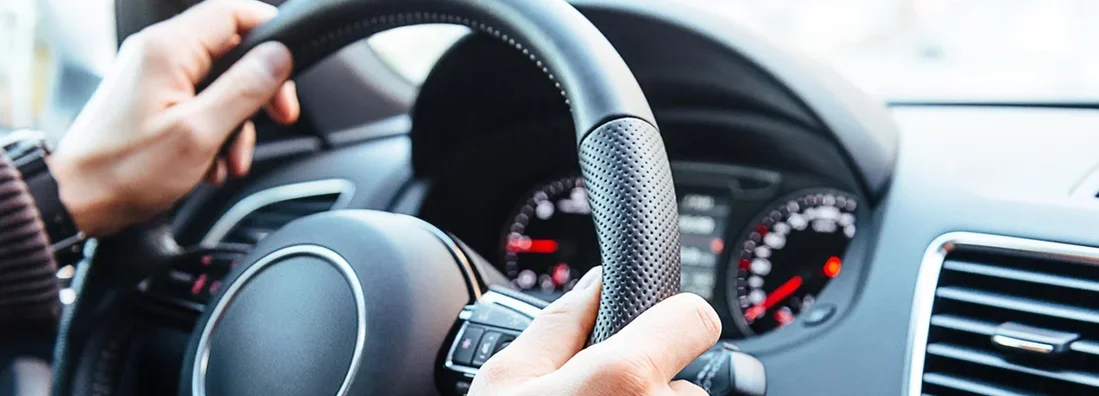Consuming high-CBD/low-THC marijuana doesn’t adversely impact driving abilities, but THC may be detected up to five hours after, according to clinical trial data published in the International Journal of Legal Medicine.

Conducted by researchers at the University of Basel, the aim of this “prospective, placebo-controlled, double-blind, randomized, cross-over study was to determine cannabinoid levels in blood and driving-related ability after single (S1) and repetitive (S2) vaporization of cannabis rich in cannabidiol (CBD)”. The study was published online ahead of print by the US National Library of Medicine.
For the study healthy adult volunteers were given either low-THC/CBD-rich cannabis products or a placebo. Main outcomes were “THC- and CBD-levels in whole blood and overall assessment of driving-related ability by computerized tests.”
After single consumption THC dropped below 1.5 µg/L after 1.5 h, but was detected in some participants up to five hours.
Researchers found that “Pairwise comparison of driving-related ability revealed no significant differences between low-THC/CBD-rich products (P1, P2) and placebo.”
Detection of THC after consumption of low-THC/CBD-rich cannabis “might have legal consequences for drivers.”
Regarding overall driving-related ability, “no significant differences were observed between the interventional products.
You can find more information about this study by clicking here. You can find the full abstract below:
The aim of this prospective, placebo-controlled, double-blind, randomized, cross-over study was to determine cannabinoid levels in blood and driving-related ability after single (S1) and repetitive (S2) vaporization of cannabis rich in cannabidiol (CBD) containing < 1% Δ9-etrahydrocannabinol (THC). Healthy adult volunteers (Nsingle = 27, Nrepetitive = 20) with experience in smoking vapor-inhaled two low-THC/CBD-rich cannabis products both with < 1% THC (product 1: 38 mg CBD, 1.8 mg THC; product 2: 39 mg CBD, 0.6 mg THC) and placebo. Main outcomes were THC- and CBD-levels in whole blood and overall assessment of driving-related ability by computerized tests. Among 74 participants included, 27 (mean age ± SD, 28.9 ± 12.5 years) completed S1, and 20 (25.2 ± 4.0) completed S2. Peak concentrations and duration of detectability depended on the THC-content of the product. After single consumption THC dropped below 1.5 µg/L after 1.5 h, but was detected in some participants up to 5 h. Pairwise comparison of driving-related ability revealed no significant differences between low-THC/CBD-rich products (P1, P2) and placebo. Detection of THC after consumption of low-THC/CBD-rich cannabis might have legal consequences for drivers. Regarding overall driving-related ability, no significant differences were observed between the interventional products. This trial was registered with the German Clinical Trials Register (DRKS00018836) on 25.10.2019 and with the Coordination Office for Human Research (kofam) which is operated by the Federal Office of Public Health (FOPH) (SNCTP000003294).







